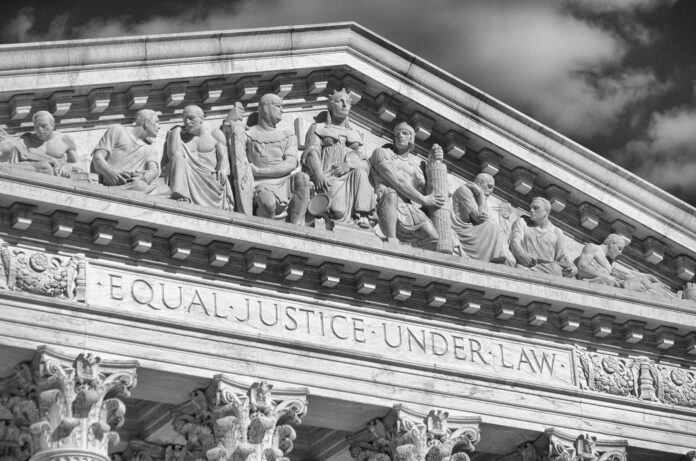Affirmative action decision expected from the U.S. Supreme Court could leave diversity, equity, and inclusion departments scrambling, but not at Hillsdale College.
Diversity After Affirmative Action
The U.S. Supreme Court will likely overturn affirmative action this spring, and this has higher education searching urgently for alternate ways to diversify.
In November the Court heard five hours of arguments in lawsuits from Students for Fair Admissions against Harvard and the University of North Carolina that sought to eliminate racial preferences. The suits have been called “an argument about race-conscious university admissions—about whether diversity matters—held before the most racially diverse U.S. Supreme Court in history.”
While the court is the final arbiter on whether racial preferences can be used, colleges ultimately will have to find and adopt other procedures to diversify racially and economically.
One institution has avoided the controversy for nearly two centuries. Hillsdale College in Michigan, founded in 1844, has never considered race when admitting students. Founded to educate “all persons, regardless of nationality, color, or sex,” Hillsdale has never recorded students’ racial backgrounds. The Department of Health, Education and Welfare demanded in the 1970s that the college count its students by race. The agency said it had the right to this demand because some Hillsdale students paid for a part of their education with taxpayer dollars. Campus officials say their nondiscrimination policy has yielded student populations with wide-ranging cultural, racial, and religious backgrounds from various socioeconomic groups.
As academia awaits the upcoming Supreme Court ruling, Texas state Rep. Carl Tepper (R) introduced a bill in mid-December that would abolish DEI (diversity, equity, and inclusion) departments and programs in public universities. Any university that accepts funds from the state government would no longer be allowed to promote or exclude any group based on their inherent characteristics.
Universities Prepare for SCOTUS Decision on Affirmative Action
“We don’t want to give the court any ideas,” said Angel B. Pérez, the chief executive of the National Association for College Admission Counseling, about admissions plans in response to the affirmative action case brought by Students for Fair Admissions against Harvard and University of North Carolina.
It seems likely that the conservative majority of SCOTUS will limit or ban consideration of race and ethnicity in college admissions. But here’s what can be considered: legacy status, gender, parental donations, athletic prowess, and hometown, although some think legacy status might be curtailed. UC Berkeley has had to deal with the barring of race consideration for years yet has worked hard to enroll Black and Latinx students; those efforts may be in jeopardy.
A school could, like Michigan’s Hillsdale College—founded by abolitionists and with a diverse population—refuse federal funds, thus allowing it to do as it wants. And while many note that more children of color attend underfunded public schools and that wealthy families can offer their children tutors and such, conservatives on the Supreme Court “believe that admissions are a zero-sum game”: If a student of color gets in, a white student doesn’t.
Originally published by Paideia Times. Republished with permission.
For more on higher education, read School Reform News.








